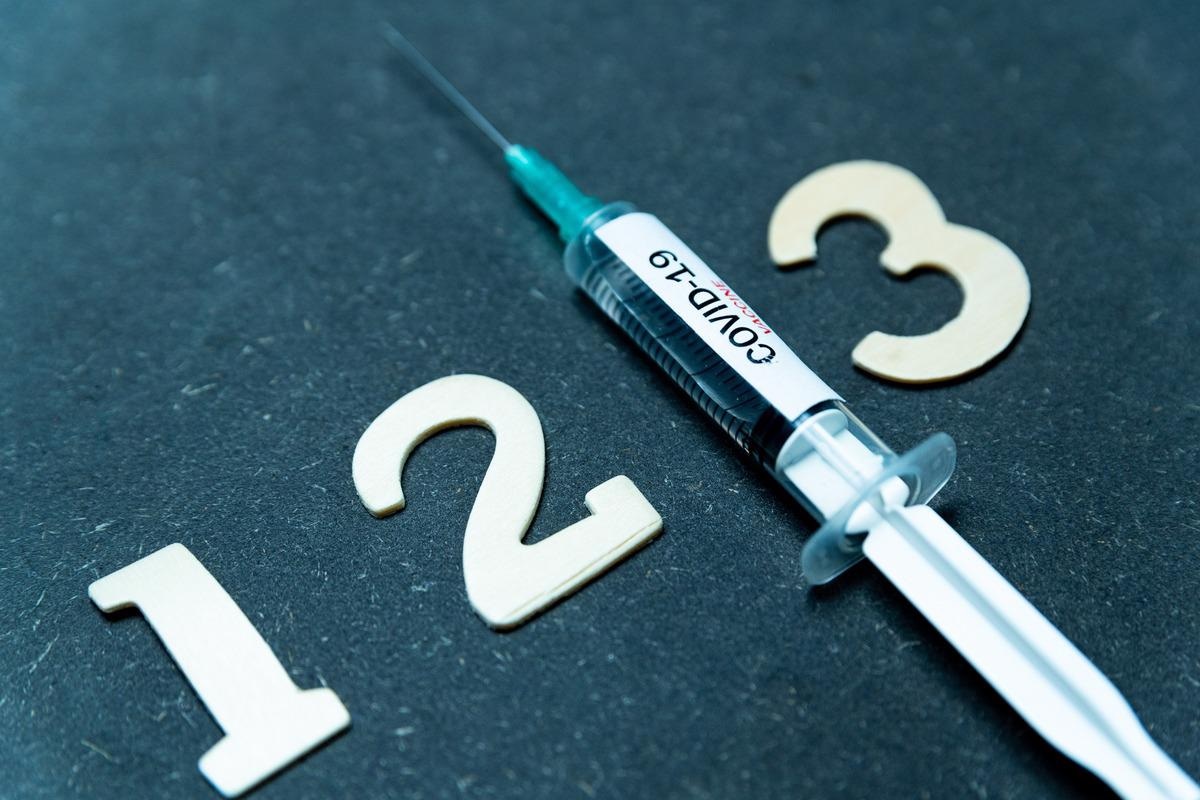Several safe and effective vaccines have been developed and approved against the novel severe acute respiratory syndrome-coronavirus-2 (SARS-CoV-2) virus in a remarkably short duration of time. Although vaccines have been shown to provide robust protection against SARS-CoV-2, studies have shown that vaccine-induced immunity wanes over time. The decline in vaccine-induced immunity with time, along with the emergence of SARS-CoV-2 variants, has highlighted the need for booster doses of coronavirus disease 2019 (COVID-19) vaccines.
 Study: Are COVID-19 Vaccine Boosters Needed? The Science behind Boosters. Image Credit: davide bonaldo/Shutterstock
Study: Are COVID-19 Vaccine Boosters Needed? The Science behind Boosters. Image Credit: davide bonaldo/Shutterstock
The inequity in global vaccine distribution makes it important to determine the eligibility for booster vaccines using available data on vaccines and immune memory, epidemiology, public health, and different age groups and socioeconomic status. An article published recently in the Journal of Virology explored the science behind COVID-19 vaccine boosters.
SARS-CoV-2 vaccines provide protective immune response
Several vaccines, including the messenger ribonucleic acid (mRNA), conventional inactivated, and adenovirus (Ad) vectored vaccines, have been developed and approved against SARS-CoV-2. The efficacy of these vaccines was found to be in the range of 59% to >95% in severe COVID-19 patients, which decreased to ~47% to 94% in mild or asymptomatic COVID-19 patients.
Although higher efficacy rates were observed with mRNA vaccines, they induced low levels of neutralizing antibodies (Nabs) at six months post-vaccination in the elderly population who are 70 or older. Studies have shown that the Ad vector and mRNA vaccines express pre-fusion spike protein (S) and induce serum immunoglobulin G (IgG) S and receptor-binding domain (RBD) binding Ab and Nabs. While serum IgG Abs declined by a 5 to 10-fold within five to six months post mRNA vaccination, serum IgG and NAbs were detectable for up to 10 months after vaccination in mild cases of COVID-19.
Memory B cells induced by natural infection or mRNA vaccination continued to evolve with increasing levels of somatic hypermutation and Abs with increased affinity. These cells also persisted longer and are crucial for recalling secondary Ab responses that protect against reinfection. Interestingly, the memory B cell Abs after natural infection had greater potency than those induced by mRNA vaccination, supporting the earlier findings that natural infection offers greater protection against S variants.
Vaccines and SARS-CoV-2 variants
The emergence of SARS-CoV-2 variants of concern with higher transmissibility may compromise vaccine- or infection-induced immunity. Many studies indicate that the NAbs produced against the Alpha (B.1.1.7) variant were equivalent to the original strain. In contrast, that against the Gamma (P.1) and Delta (B.1.617.2) variants were several-fold reduced compared to the original virus. While the NAb titers were lowest against the Beta (B.1.351) variant, all SARS-CoV-2 variants were neutralized by NAbs to varying levels due to the polyclonal Ab responses.
Despite lower Nab titers against SARS-CoV-2 variants, mRNA and other COVID-19 vaccines protect against most COVID-19-related hospitalization and deaths, including those caused by infection with the SARS-CoV-2 Delta variant. The increase in breakthrough infections due to higher transmissibility of Delta variant and waning of Ab responses, especially in the elderly and individuals with co-morbidities, has prompted recommendations for the use of booster vaccines in these vulnerable groups.
Booster vaccines and herd immunity
Although many reports on the impact of SARS-CoV-2 booster vaccine doses on human immune responses have been published, their findings should not be applied to the whole population. Studies have demonstrated increased NAb responses and enhanced protection against SARS-CoV-2 with both homologous and heterologous booster vaccine doses. While the use of mRNA or Ad vectored vaccine as booster shots have been found to be safe for adults, it may lead to mild adverse reactions (AR) similar to those caused by the second dose of an mRNA vaccine.
Vaccines protect individuals and those in the community who cannot get vaccinated or are less responsive to vaccines. This protection offered to the whole community is called "herd immunity." In theory, there is a threshold beyond which the percentage of immune individuals increases so much that the infected individuals are likely to recover before spreading the infections to vulnerable individuals. Beyond that threshold, the rate at which new infections occur will be insufficient to sustain the epidemic, and eventually, the epidemic will recede. However, the herd immunity threshold is not a fixed parameter and can vary even during an epidemic, depending on the characteristics of the virus and its target population.
An important question now is how booster vaccines will affect the timeline to achieve herd immunity to SARS-CoV-2. Although at several points during the COVID-19 pandemic, it appeared that the herd immunity threshold is approaching in many countries, scientists are not sure if herd immunity to the SARS-CoV-2 virus will ever be achieved. Reports increasingly hint that no one country can hope to achieve herd immunity unless all countries do. The uneven vaccine distribution globally due to poor accessibility and vaccine hesitancy prolongs the epidemic and aggravates issues such as waning immunity and pandemic fatigue.
Since currently available vaccines offer sustained protection against COVID-19-related hospitalizations and deaths, a booster dose may not be needed for all individuals who have received two vaccine doses. Equitable vaccine distribution and access are crucial for reaching herd immunity. Hence the resources spent on administering booster vaccine doses may prolong uneven vaccine distribution and increase vaccine hesitancy.